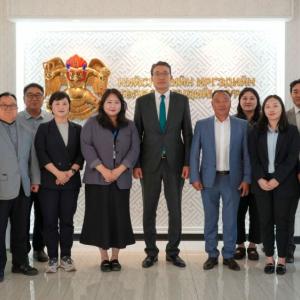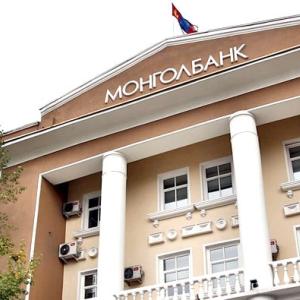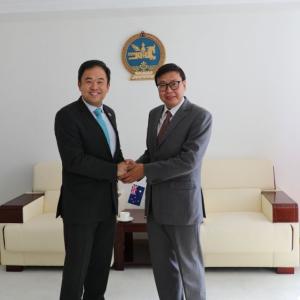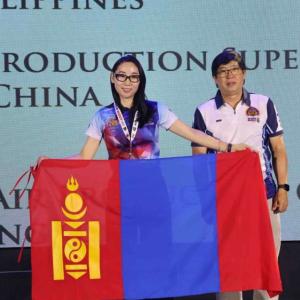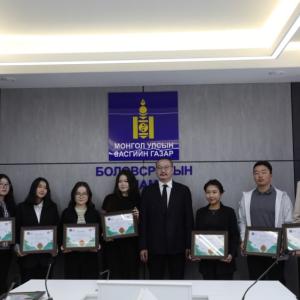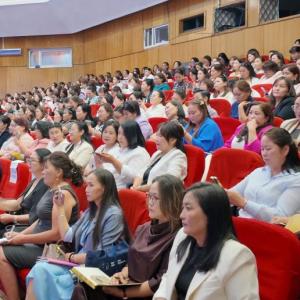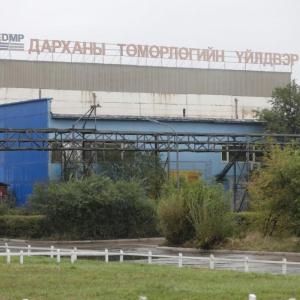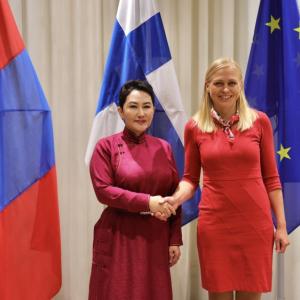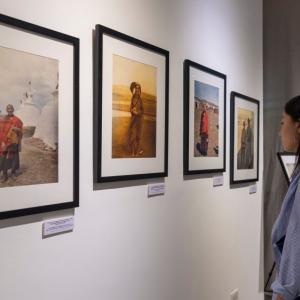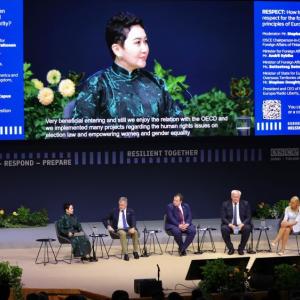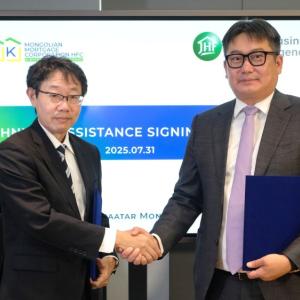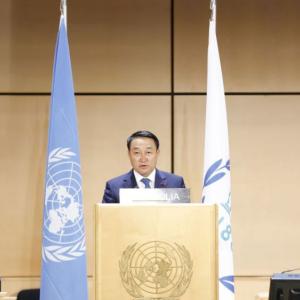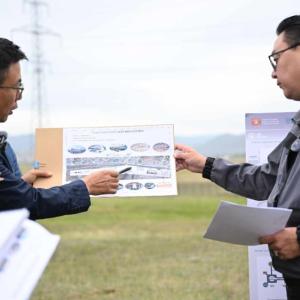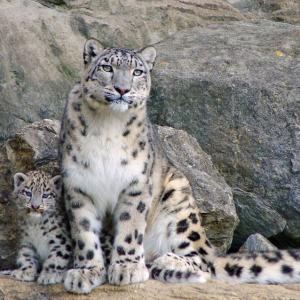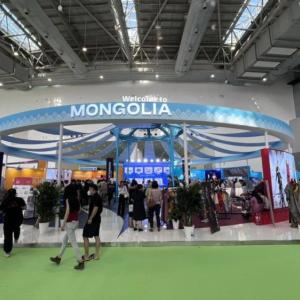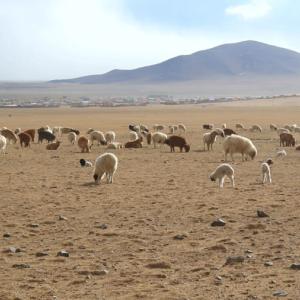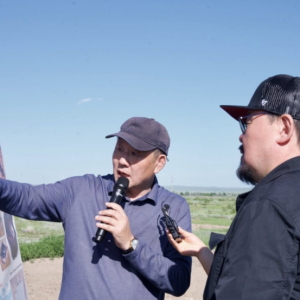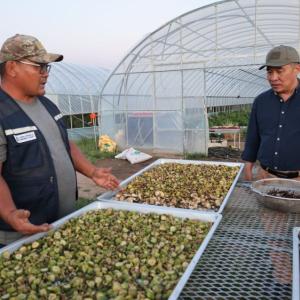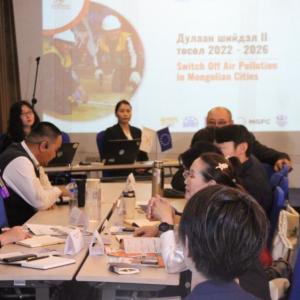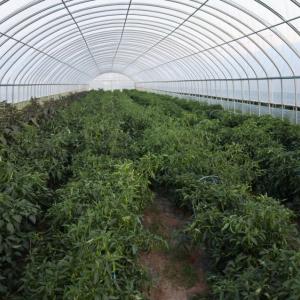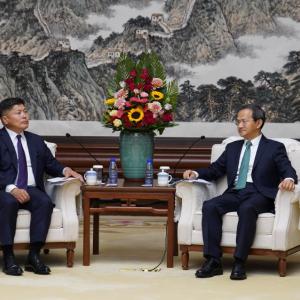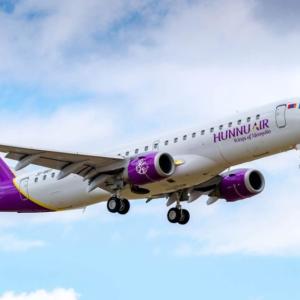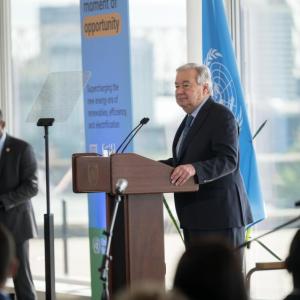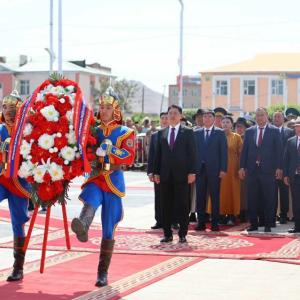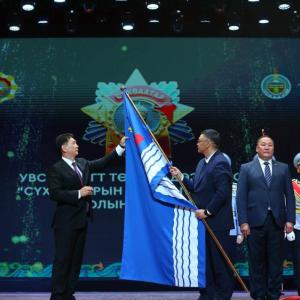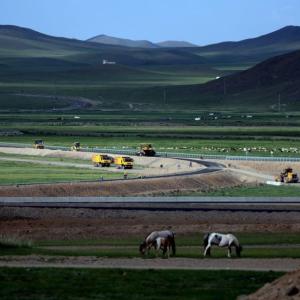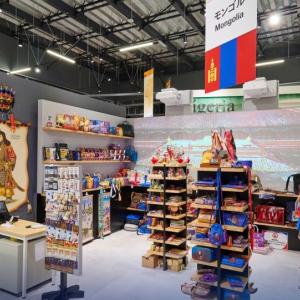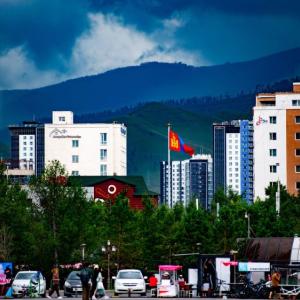'Responsible Nomads' Standard for Sustainable Code of Practices for Nomadic livestock Production
Society
Ulaanbaatar/MONTSAME/. Among consumers
in developed countries, it is becoming more and more common to choose environmentally
friendly and ethical products, and Mongolia has a potential to exploit this
market niche. According 'Step Eco Lab Project' implemented by European Union, processing plants and customers are increasingly
looking for eco-friendly, sustainable, certified and traceable raw materials.
85% of European retailers say sales of sustainable products have increased over
the past five years, and 92% expect sales of sustainable products to further
increase over the next five years. For some consumer goods in the US markets,
sales of sustainable products have surpassed sales of other products and 47% of
US consumers expressed willingness to pay higher prices for sustainable
products. At a time when sustainable raw material preparation and production
are becoming a competitive factor in the luxury goods market, there is a need
to develop traceable and transparent supply chain and present meaningful
environmental footprint report/carbon footprint report that meet the needs of
responsible consumers and the market.
With vast grasslands that occupy
70% of total territory and nomadic herding heritage, livestock husbandry is one
of the economic comparative advantages of Mongolia. In March 2020, Mongolia has
adopted standard MNS 6891:2020 for Responsible Nomads Code of Practices for
sustainable nomadic livestock production. The standard and its traceability
system aims to ensure a responsible nomadic herding at the primary-herder
households level, providing buyers with the tools to appreciate best practices
of nomadic herding maintaining healthy
rangeland or improving their management and better animal care, and to ensure
transparent chain of custody from a herder household to final product, and
provide customers with a guarantee that the raw materials of the products they
buy are truly from Responsible herder households.
Mongolian Rangeland Coalition identifies the competitive marketing strategy of Mongolian livestock products in the international market as sustainable, traceable, high quality and ethical and aims to support and enable stakeholder collaboration to produce and supply traceable, value-added, sustainably processed products.
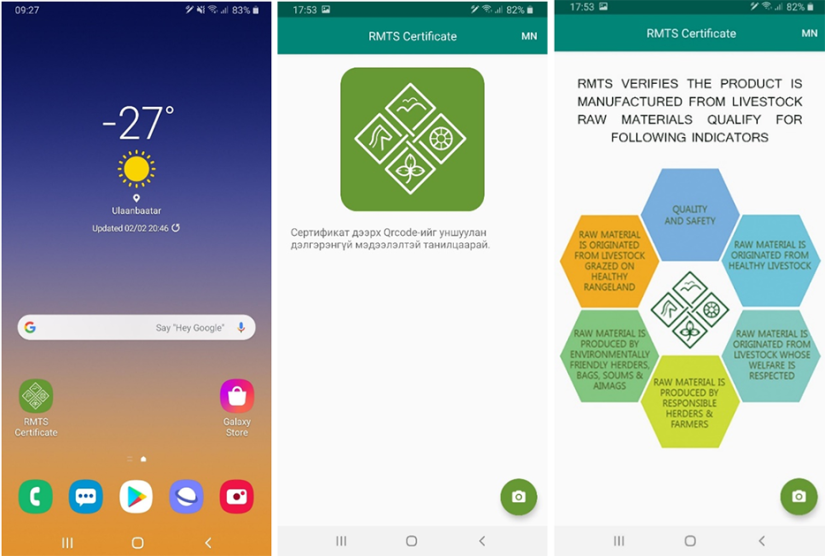
-RMTS – Raw Material Traceability System is a smart phone application which can be downloaded from Play Store and App Store
-By clicking on the camera icon, the app allows you to scan the QR code on the product label which is originated from the ear tag code of a livestock
-RMTS verifies that product is manufactured from raw materials, which meet above indicators
Responsible Nomads employs six key
indicators that herders must comply with to continue involvement in the Green
Pasture Project. These include: responsible actions of herders, maintenance and
improvement of rangeland health, keeping up to date with animal health
services, ensuring animal welfare, promoting environmental stewardship, and
traceability of livestock. Each of these indicators are meticulously measured
for each herder through a mobile phone application, recorded within the
Responsible Nomads database system. At the same time, the traceability system
developed for Responsible Nomads provides end-customers with a guarantee that
raw materials have been produced by nomadic herders who maintain responsible
rangeland and herd management practices and care for the wildlife sharing the
rangelands.
As of May 2021, 44 000 herders and 86
herders’ marketing cooperatives have registered in the system. In 2019, about 180
tons of cashmere were sold through the system. In 2020, it has increased by two
fold- 360 tons of cashmere were sold certified through the system and 15 tons
were sold to international buyers. The Responsible Nomads traceability system
shows incredible promise in promoting and monitoring sustainable rangeland and
livestock management.
Ts. Enkh-Amgalan, Mongolian Rangeland Coalition

 Ulaanbaatar
Ulaanbaatar



